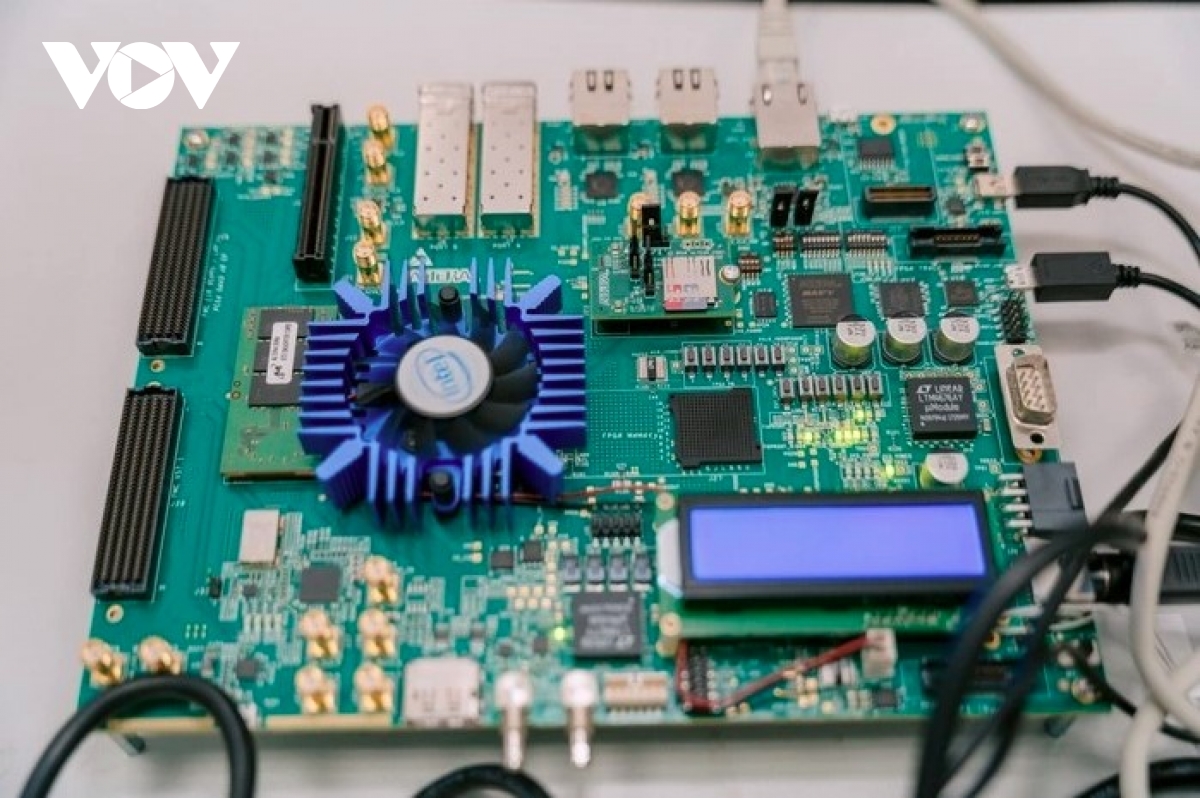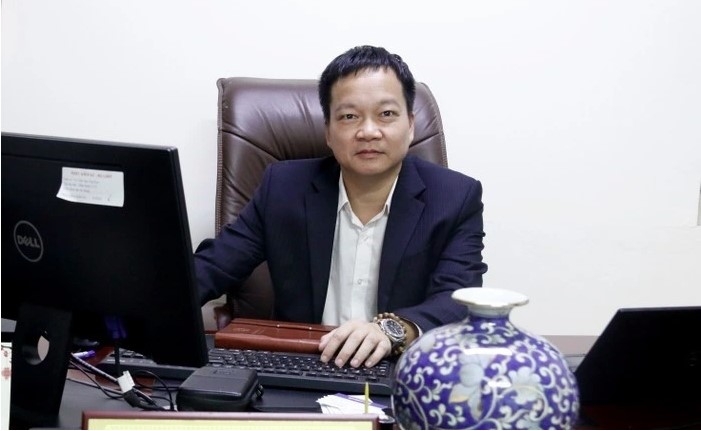Vietnam emerges as a promising hub for semiconductor industry development
VOV.VN - For Vietnam, the successful development of its semiconductor industry and its ability to seize on opportunities rests on preparing a skilled workforce, a task entrusted to higher education institutions.

As the backbone of modern technology, the sector plays a crucial role in global socio-economic and technological advancement.
In response to the Prime Minister’s Directive No. 43, issued on December 4, 2024, which calls for enhanced workforce training in the semiconductor sector and other core digital technologies, as well as specific tasks assigned to boost talent development for the industry, the Ministry of Education and Training (MoET) has established an advisory council aimed at developing standardised training programmes for semiconductor design at all levels of higher education.
Regarding the council’s establishment, Nguyen Anh Dung, deputy director of the Higher Education Department (MoET), emphasised that the standardised scheme would serve as a framework for universities to design and implement their curriculum. They would provide a foundation for pilot programmes, second-degree courses, and interdisciplinary training schemes in semiconductor design.
For Vietnam, building a well-trained workforce can be viewed as essential to unlocking the potential of its semiconductor industry. This requires strong engagement from higher education institutions, particularly top universities specialising in engineering and technology, including semiconductor design.
The standardised training programmes are designed to be flexible, not only catering to undergraduate students, but also allowing second-, third-, and fourth-year students to transition into semiconductor studies. It also provides opportunities for university graduates seeking to expand their expertise in this field.

Prof. Chu Duc Trinh, rector of the University of Engineering and Technology under the Vietnam National University, Hanoi, and a member of MoET’s advisory council, affirmed that the country has significant potential when it comes to the semiconductor industry. In recent years, leaders of global groups and top universities have acknowledged this to be a strategic opportunity for the nation to accelerate its integration into the global semiconductor supply chain.
According to Prof. Trinh, the goal of the standardised training programme is to create a strong foundation for developing modern, flexible education pathways that blend fundamental and specialised knowledge in semiconductor design. The scheme will therefore integrate the entire value chain, combine academic learning with real-world applications, and meet international standards. Qualified institutions will be able to offer courses in English, thereby ensuring that the Vietnamese workforce is equipped to compete in the global market.
The programme provides students with a comprehensive education in semiconductor design, covering essential skills such as circuit design, simulation, fabrication, and testing. It also focuses on hands-on experience through real-world projects, fosters creative problem-solving, and prepares students for careers in a globally connected industry.
Prof. Trinh stressed that moving forward to 2030, Vietnam must prioritise strengthening faculty expertise in teaching and research, encouraging participation in specialised conferences whilst boosting collaborations with businesses and professional organisations. After 2030, the focus should shift toward developing a highly specialised faculty with strong research and innovation capabilities. Faculty members will therefore need to attain higher levels of expertise, lead major research initiatives, and engage in international academic and industry collaborations.
Assoc. Prof. Nguyen Vu Quynh, vice rector of Lac Hong University, described the establishment of the advisory council for the standardised semiconductor training schemes as a significant step towards meeting the industry’s growing demand for a high-quality workforce.
He noted that the programme is designed to align not only with the needs of the domestic labour market, but also with global standards in general. This reflects Vietnamese investment and vision when it comes to bringing its education system closer to global standards, he added.


